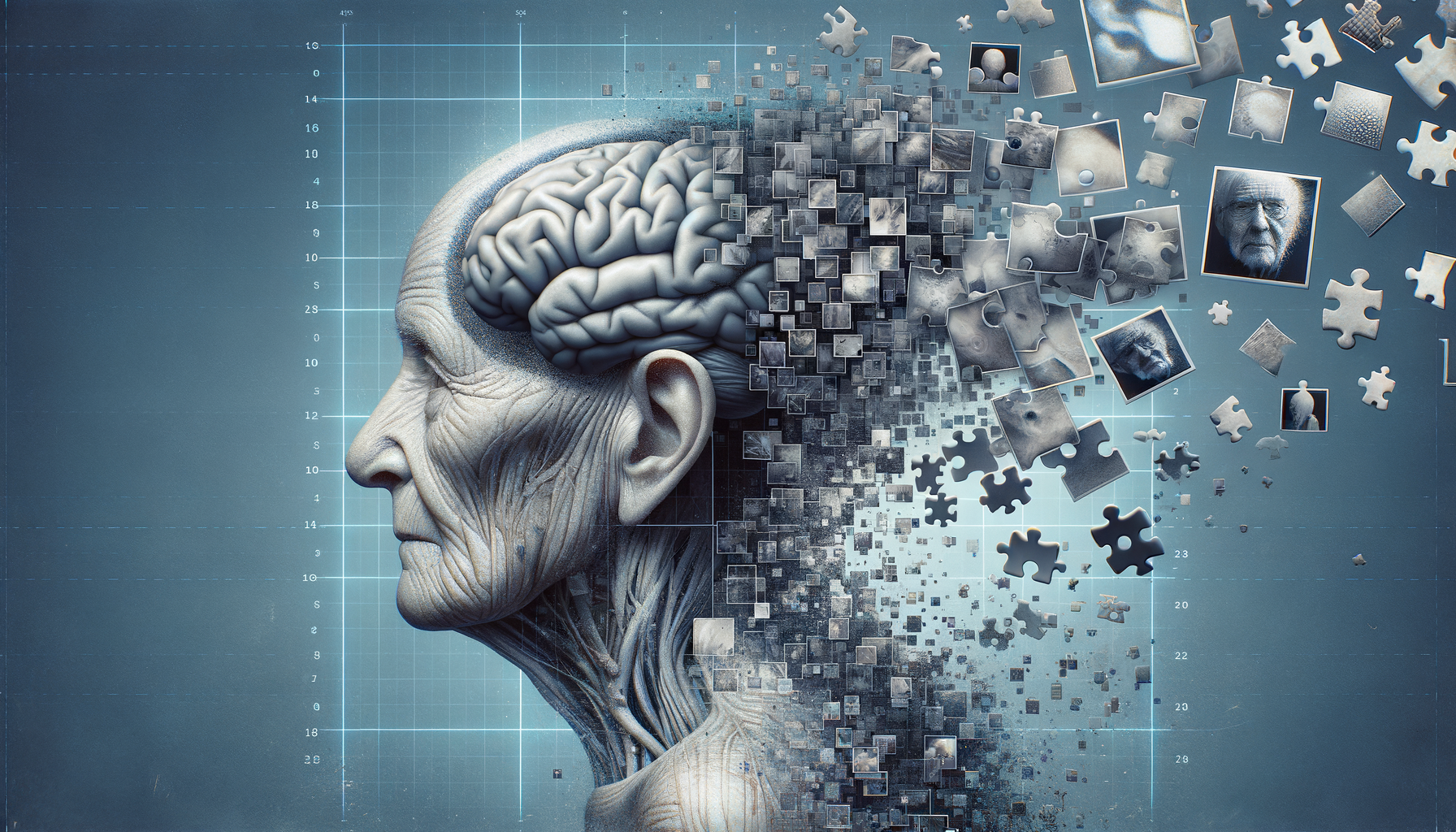Introduction to Alzheimer’s Disease
Alzheimer’s disease is a progressive neurological disorder that affects millions of individuals worldwide. As the most common cause of dementia, it impacts memory, thinking, and behavior, ultimately interfering with daily life. Understanding this condition is crucial for early diagnosis and effective management. In this article, we delve into the early signs of Alzheimer’s, explore various treatment paths, and discuss what you need to know about Alzheimer tests.
Recognizing the Early Signs of Alzheimer’s Disease
Identifying the early signs of Alzheimer’s can be challenging, as they often resemble typical age-related changes. However, certain symptoms are more indicative of this disease. Memory loss that disrupts daily life is one of the most common early signs. This includes forgetting recently learned information, important dates, or repeatedly asking for the same information.
Other early signs include difficulty in planning or solving problems, such as trouble following a familiar recipe or keeping track of monthly bills. Individuals may also find it hard to complete daily tasks at home, work, or leisure, such as driving to a familiar location or remembering the rules of a favorite game.
Alzheimer’s can also affect mood and personality. People may experience confusion, depression, anxiety, or become easily upset, especially in unfamiliar environments. Recognizing these early signs is vital for seeking medical advice and potentially slowing the progression of the disease.
Exploring Treatment Paths for Alzheimer’s Disease
While there is currently no cure for Alzheimer’s, various treatment paths can help manage symptoms and improve quality of life. Medications are available that may temporarily alleviate symptoms or slow the progression of the disease. These include cholinesterase inhibitors and memantine, which help regulate neurotransmitters in the brain.
Non-drug approaches are also essential in managing Alzheimer’s. Cognitive therapies, such as memory exercises and mental stimulation activities, can be beneficial. Lifestyle changes, including regular physical activity, a healthy diet, and social engagement, are also recommended to support overall brain health.
Supportive care is crucial for individuals with Alzheimer’s and their families. Caregiver support groups, counseling, and respite care services provide necessary resources and emotional support. Planning for future care needs, such as legal and financial considerations, is also an important aspect of managing Alzheimer’s disease.


Leave a Reply